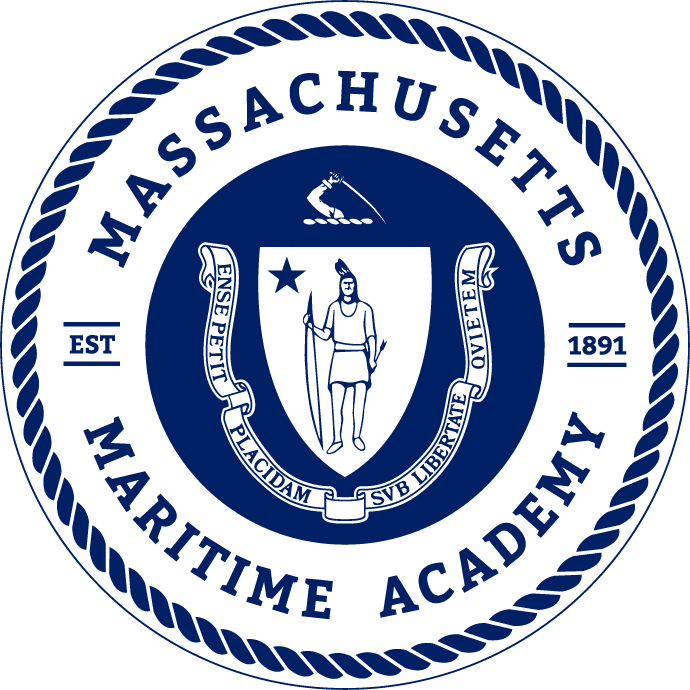Course Description
An in-depth study of refrigeration and the design, operation, maintenance, and repair of environmental control systems. The impact of refrigerants regarding ozone depletion and global warming is covered in detail. [Lab time required]
This course consists of three 1-hour classes a week for a semester, six 3-hour labs with practical assessments, and a comprehensive final exam.
Entrance requirements
- Explain the concept of a closed cycle
- Explain the steam cycle and its use of superheat and sub-cooling within the cycle
- Explain and define sensible heat and latent heat
- Calculate formulae using simple algebra
- Display their knowledge OF pumps and valves (as learned in Auxiliary machinery)
STCW Objectives
Demonstrate knowledge and understanding of the following STCW elements:
- OICEW-A4.1 Basic construction and operation principles of refrigeration, air-conditioning and ventilation systems
- OICEW-A4.3 Preparation, operation, fault detection and measures to prevent damage for refrigeration, air-conditioning and ventilation systems
Demonstrate proficiency in the following skills:
- OICEW-5-1B Start refrigeration system
- OICEW-5-1C Shut down refrigeration system
Topics
- Introduction / History / Safety
- Basic Refrigeration Cycle
- Ideal Gas Law / Pressure Temperature Charts
- Vapor Compression Systems
- Refrigeration System Characteristics and System Design Calculations
- Properties of Refrigerants
- Refrigerant System Lubrication
- Refrigerant Recovery
- Compressors
- Flow Controls
- Rules and Regulations
- Condensers
- Evaporators
- System Troubleshooting
- Low pressure systems & Chillers
- Pressure switches & Thermostats
- Heat Pumps
- Psychrometrics
- Heating, Ventilation, and Air Conditioning
- Containerized Refrigeration
Other objectives
- Explain the purpose and interrelations of the components of a refrigeration system
- Explain the basic construction and operating principles of refrigeration, air-conditioning and ventilation systems.
- Properly prepare, start, operate, fault detect and determine through measurement the operating status of refrigeration systems system to ensure damage prevention.
- Determine the refrigerant used in a system
- Explain the process to perform leak detection, system maintenance and repair
- Safely recover, evacuate, recharge a system
- Calculate required refrigeration load
